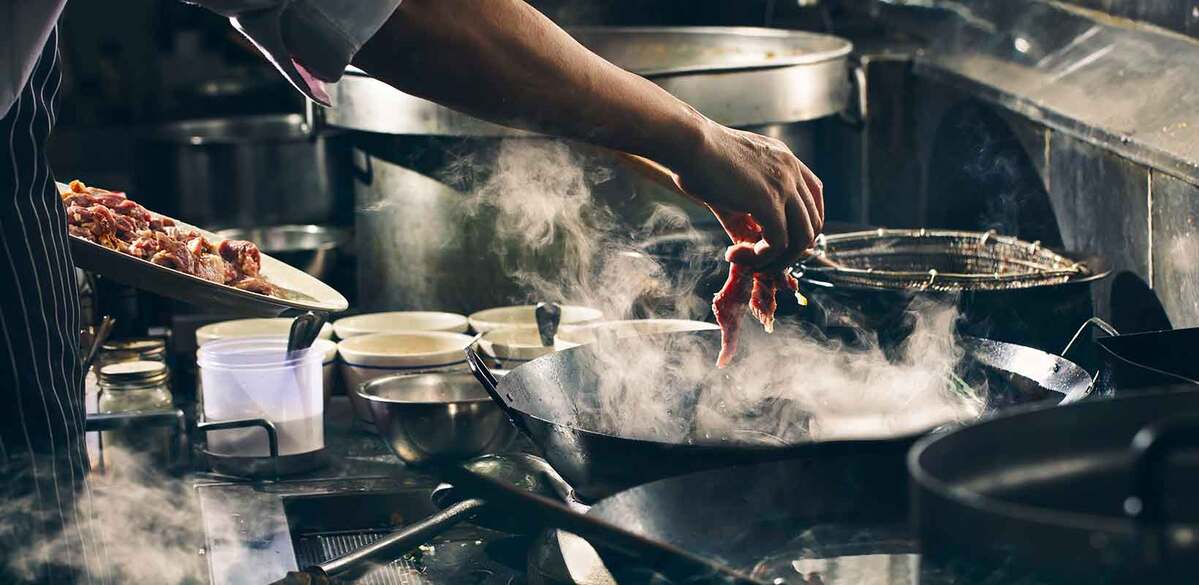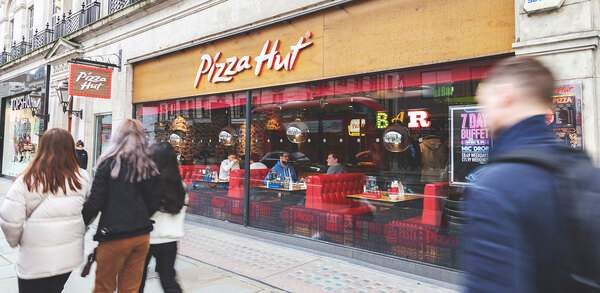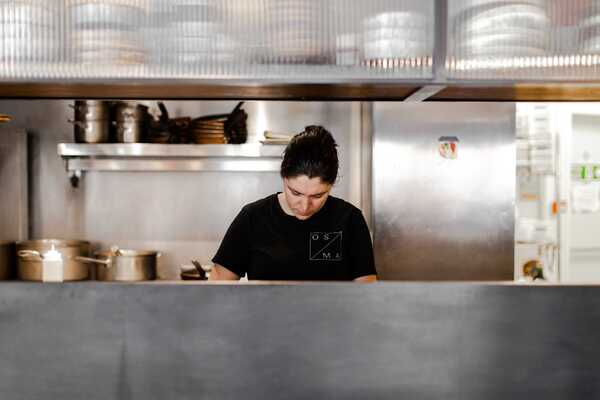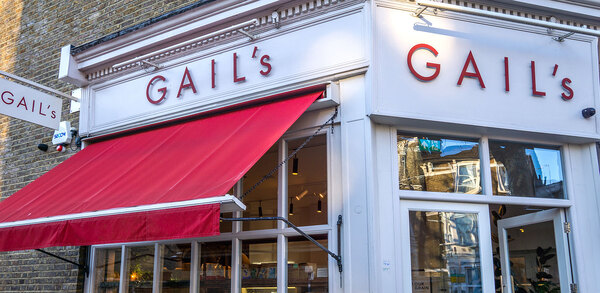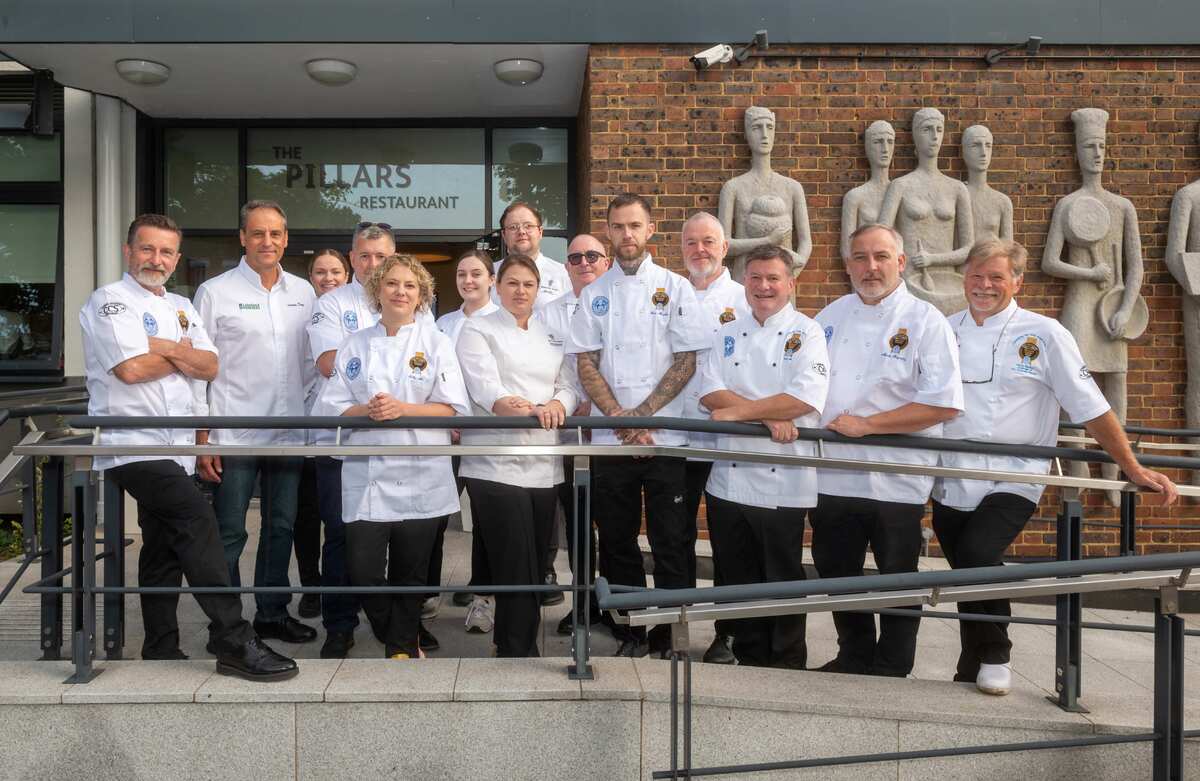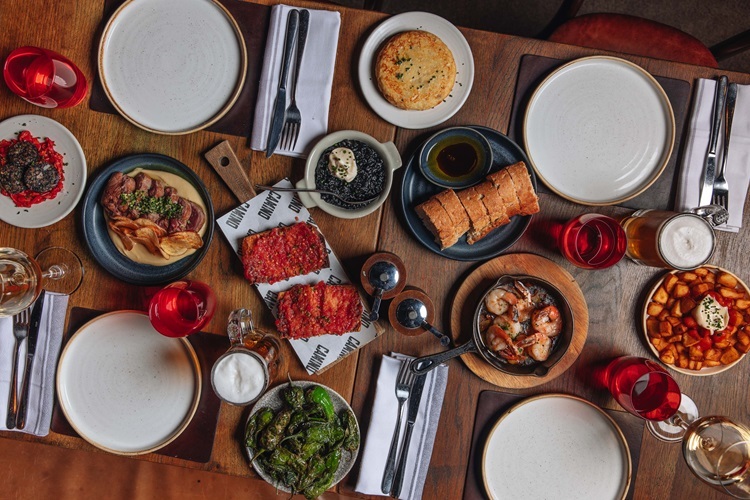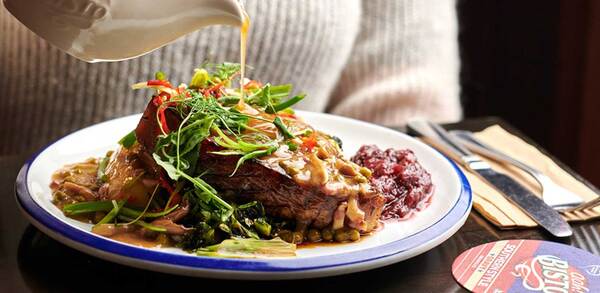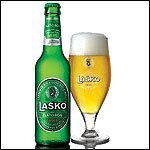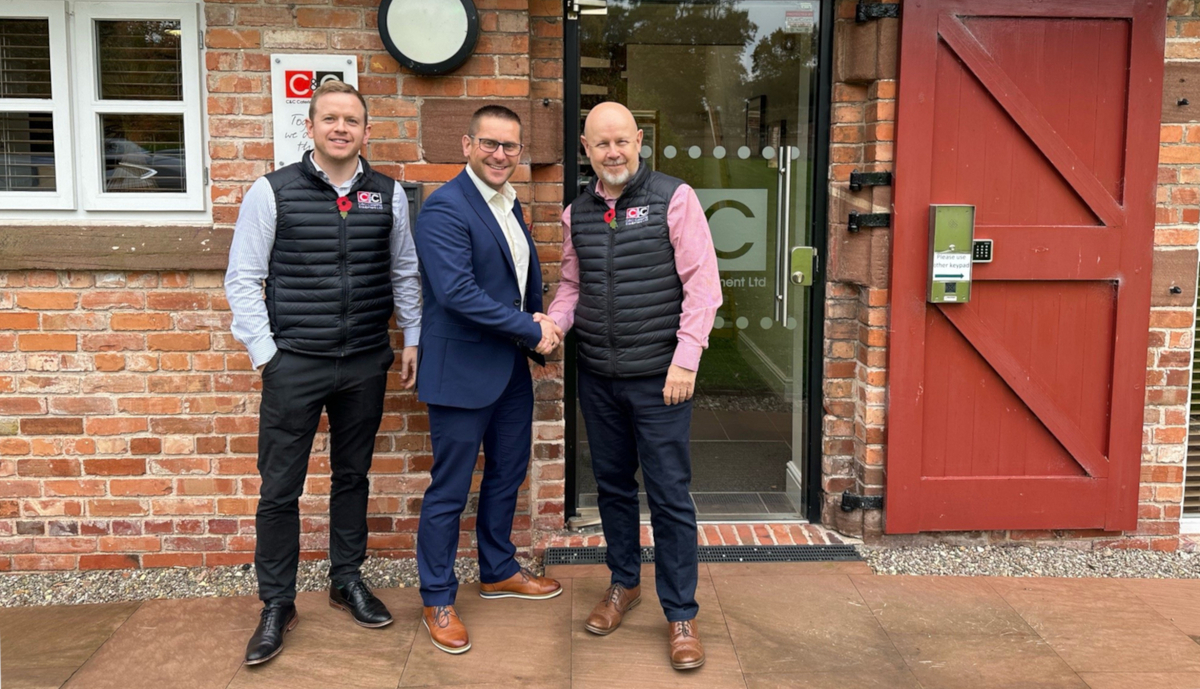FEA Guide 2024: The prime cooking kit to take centre stage
Your cooking suite can be incredibly energy efficient and environmentally clean with the right choices
Cooking suites are possibly the most essential piece of equipment in any full-service kitchen, so being fully informed when it comes to making this all-important selection decision is vital.
Consider which appliances you will need to integrate create your menu, be it convection ovens, hobs, fryers, griddles or planchas, and whether they can be easily swapped out if your requirements change. And depending on the space available, you will have to decide on whether you want a central island, wall mounting or a freestanding/mobile unit.
Prime cooking appliances can also perform double duty as storage, with any number of cupboards and nooks able to be incorporated in the equipment, so you’ll need to calculate how much appliance area is available and balance that against storage needs.
In terms of expenditure, there are straight out of the box, more contained cooking suites available for smaller budgets, or fully bespoke, customised systems for those able to invest more at the outset. And don’t forget to bear in mind who you’re buying from – is the distributor or wholesaler just going to drop the unpacked equipment kerbside outside your venue, or is it a kitchen design house able to offer a full measuring, installation and servicing package?
The FEA’s advice
Although gas ranges are often cheaper to run than standard electric ones, they tend to be less efficient, as some of the heat is lost during the combustion process. In addition, there are extra requirements for gas safety, like gas interlock and higher extraction ventilation rates, which can negate any cost savings. For hob cooking, the sustainable solution is induction – it’s highly efficient, wasting less heat than either gas or standard electric, and it only operates when a pan is placed on the hob. Plus it’s safer, and hob surfaces are very easy to clean.
Only powering up when it’s needed used to be a USP for induction, but now other appliances are available that mimic this energy- and money-saving feature, only switching on when they sense a pan or other vessel is ‘in the zone’. On the other hand, with deep-fat fryers it’s worth investing in safety systems that prevent them powering up when there’s too little oil, as this is a common cause of damage that can lead to the equipment being scrapped, and, of course, it’s potentially dangerous.
Features like timers, automatic operation, demand-controlled ventilation, connectivity and energy control can all help reduce energy consumption. If you’re looking for the most sustainable options, also consider the surface of the equipment, as coatings like Teflon and chrome may add to its embedded carbon emissions. Heavier duty equipment can often be configured to connect into an energy management system, which can improve energy consumption. By managing consumption, this can also help kitchens with limited electric load.
When it comes to best practice in terms of sustainability and money saving, a common (bad) habit is to turn on prime cooking equipment too soon, wasting power and adding unwelcome heat in the kitchen. Modern equipment can often heat up quickly, some in as little as 10 minutes, so there’s no need to whack the burners or oven on as soon as staff arrive.
ETL
Convection and combination ovens can now be added to the Energy Technology List and hobs and grills are likely to be added soon – FEA is discussing requirements with ETL researchers.
Read more from the FEA Guide
Refrigeration – how to choose the correct equipment >>
Multicook/multifunctional equipment – the combi-oven: the tool that does it all >>
Microwaves and rapid cooking – are microwaves a secret weapon in the kitchen? >>
Hot and cold holding displays – display units to boost your revenue generation capabilities >>
Warewashing – here’s how to make the decision on the perfect warewasher >>
Photo: UTM Brand/Shutterstock



